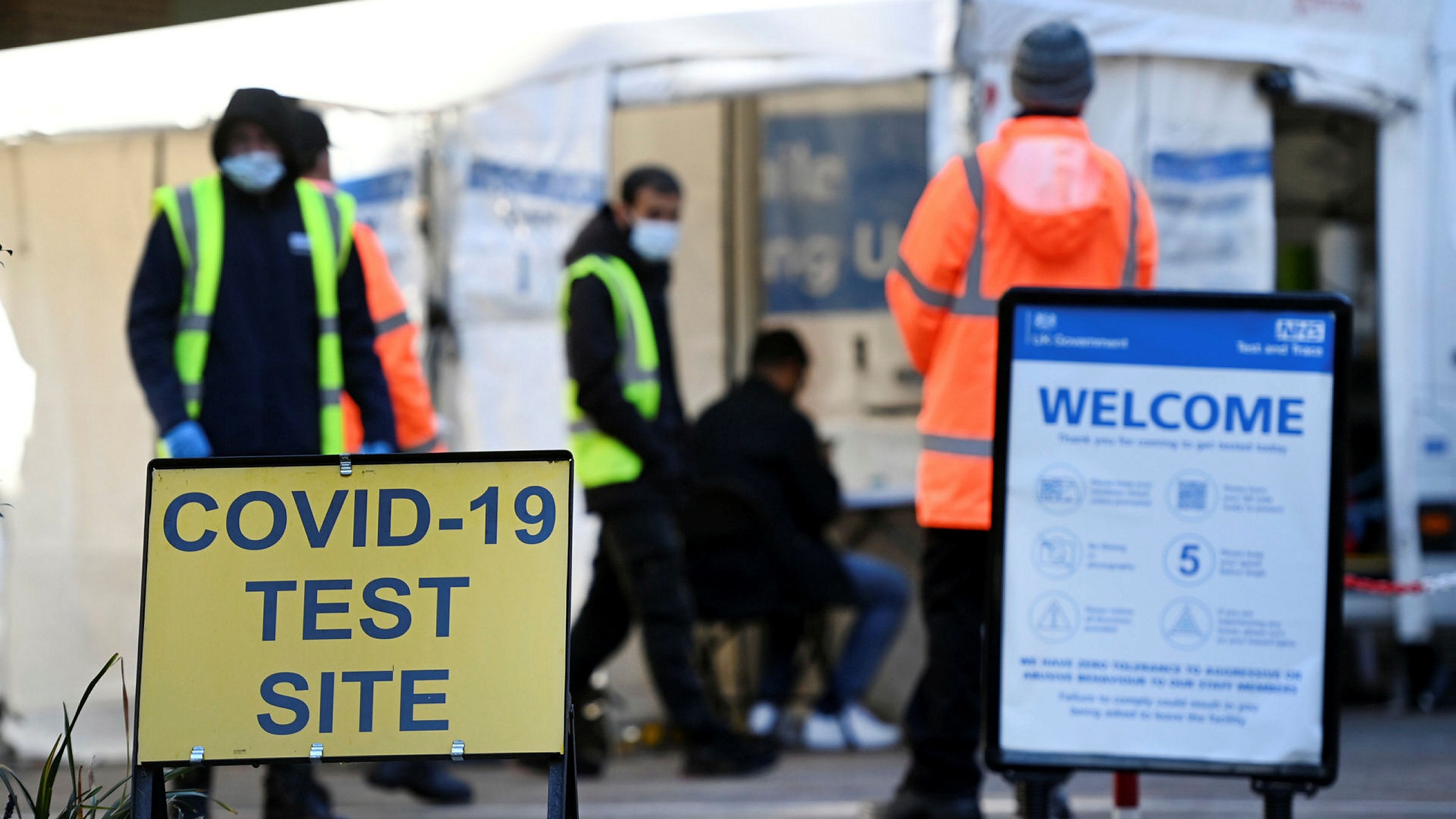- A-29, Industrial Area, Site IV,
Sahibabad, Ghaziabad, UP, India. - (+91-120) 2896063
info@bhartiyagroups.com


Another wave of COVID-19 is approaching Europe, with many countries hitting new records. Germany, Netherlands, and Austria, daily infection records have been shattered. While COVID-19 fatalities in several European nations are reduced from last year, Russia, which has around a third of its own people vaccinated, has experienced a steady two-month increase in growth of oxygen cylinder filling plants.
According to the World Health Organization's COVID-19 report for the whole week ending November, Europe, including Russia, was really the only region with an increase in virus-related mortality, up 10%. In most regions of the world, new coronavirus cases were also on the rise, but they were up 7% in Europe and 3% in Africa. Dr. Hans Kluge, the WHO's Europe director, said this week that the region is "back at the epicenter of the pandemic - in which we were one year ago".
Lawrence Young, a virologist at Warwick Medical School in the United Kingdom, told Reuters that now the latest outbreak is “another difficult lesson for Europe". If there's one thing to be learned from this, it wasn't to lose track of the ball, he remarked.
Vaccine anxiety is a factor
According to Reuters, vaccine reluctance, declining immunity amongst the already immunized, and loosened restrictions are all factors in the current wave.
Putin has attributed the increase in new cases and deaths in Russia completely to apprehension, saying he doesn't understand why Russians are hesitant to receive the country's Sputnik V vaccine and the increase of air separation plants even at the time of the outbreak in the country.
In Germany, where the majority of instances reached a new peak of over 50,000 on Thursday, the country's health secretary, Jens Spahn, said his country must do "all required" to stop the next wave of the illness, according to Deutsche Welle.
"The situation is severe, and I urge everyone to address it as such", he said. Intensive care units across Germany, notably in the states of Saxony, Thuringia, and Bavaria, were under significant stress from COVID-19 patients, according to Spahn and Lothar Wieler, director of Germany's Robert Koch Institute for Viral Diseases.
Free COVID-19 testing will be accessible again starting Saturday, according to Spahn. Olaf Scholz, who is allowed to compete with Angela Merkel as Germany's next chancellor, has urged for people to be vaccinated, recovered, or to have negative tests before getting to work, as well as harsher restrictions in eateries and movie theatres.
Vaccination rates have been higher in countries with strong mandates
Portugal and Spain, on the other hand, where new cases are rare, are near the top of the European vaccination statistics, with rates over 80%. Infections are similarly low in France, which has been enforcing restrictions since the summer, including the obligation to present a vaccination passport for just about everything.
Austria, which has a vaccination rate similar to Germany's and has also seen record infections over the last week, appears to have been on the approach of imposing a lockdown for anyone that has not been properly vaccinated. During this time they tried to accelerate the number of Acetylene plants in the nation.
Chancellor Alexander Schallenberg has said that a countrywide lockdown for the unvaccinated is "perhaps unavoidable", and that two-thirds of the population should not suffer since the other third refused to just be vaccinated.
Upper Austria will begin imposing restrictions on the unvaccinated if the federal government supports it. Similar measures are indeed being considered in Salzburg.
The unvaccinated, as per Schallenberg, might have an "uncomfortable" winter and Christmas. As per Reuters, the Netherlands declared a three-week partial lockdown.
Caretaker Prime Minister Mark Rutte announced throughout a press conference that the country will return to a partial lockdown on Saturday, November 20th, ordering all restaurants and bars to close at 8 p.m. and sporting events to be held without spectators. Officials from the Prime minister also suggested instead that more than four visitors be admitted into people's homes.
Denmark, which now has reported an increase in incidents recently, asked its citizens to show a pass in the form of a smartphone app while entering pubs, restaurants, and other public venues this week. As per Reuters, the government is also considering rapid legislation requiring employers to have a digital "corona pass".
While there was a comparable surge in occurrences in the United Kingdom last month, there have also been signs of a level off since then.
Acetylene plants, air separation plants, oxygen cylinder filling plants, Covid-19 news, Covid-19 updates, Coronavirus, oxygen cylinder filling plant in india, medical oxygen cylinder filling plant, air separation plant market, cryogenic air separation plant manufacturers, oxy acetylene gas welding plant, oxy acetylene welding plant







